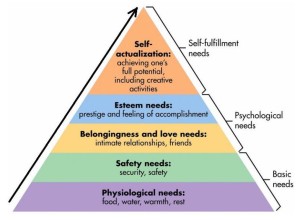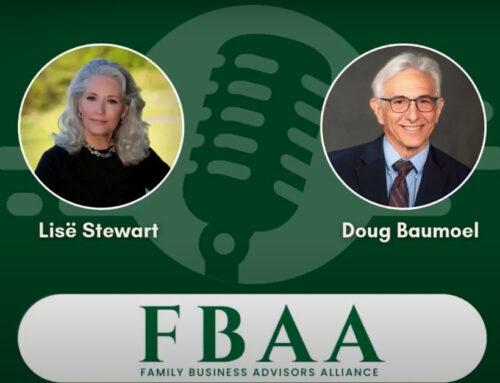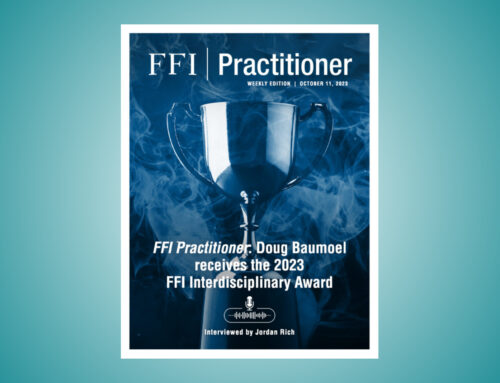“I don’t like that man. I must get to know him better.” – Abraham Lincoln
Families are made up of individuals who each have their own unique values, goals, personality traits and talents which are at the core of their sense of self, or their identity. Conflicts usually emerge when one person’s values or goals clash with another’s. Make no mistake; these crises are much more than silly emotional flare-ups, because what one person might consider a triviality may be perceived by the other as essential to their survival or self-fulfillment. When people feel that the values and goals that reflect their very sense of self are threatened, they will go to desperate lengths to defend what they hold dear. When stakeholders are confident that their values and goals are heard, acknowledged and respected – even if not agreed with – they will be far less likely to sacrifice their relationships over their differences.
When a family member perceives another to be interfering unjustly with their ability to satisfy what they feel is an essential need, or core value, conflict will inevitably result. An individual’s ability to fulfill their needs and live their values is intrinsic to their sense of autonomy and self-worth.
The work of psychologist Abraham Maslow is helpful in understanding this dynamic. In 1954, he created the “Hierarchy of Human Needs” to illustrate how humans make meaning for themselves by striving to fulfill their true potential. He posited that people seek “self-actualization” by moving up the ladder from satisfying the most basic needs to the more existential quests which provide us with a sense of purpose and meaning in our lives. (See graphic below.)
Copyright: Studious Guy 2016
Values
Our values help make up individual identities. We define ourselves by our moral and religious principles, the neighborhoods we live in, how we raise our children and what we buy. Our values usually reflect the advancing (or evolving) needs we are trying to meet at any time. For example, a person lacking a sense of security and safety that comes from being homeless might crave security and safety as what they value most, whereas a person who has the security and safety of a home and a job might then be seeking a sense of love and belonging through family and marriage. With identity-based conflict, it’s helpful to understand that our values and goals come out of our quests to fulfill our ever-more-sophisticated needs. If two people are on different levels of the pyramid, conflict is inevitable.
Goals
Our goals derive from our mission to satisfy our immediate and future needs, which are informed by our values. For example, the goal and definition of success will often vary drastically among individuals, depending on all sorts of factors, including their personal history, personality, sense of morality and so on. This can be tricky in the family business, because individual values such as risk tolerance can inform positions that pit members against each other on fundamentals such as whether or not to expand, hiring from the outside, developing new products and strategies, and so on. Often, these parties will sense that there is much at stake and avoid discussing the issues because they want to avoid conflict.
It is easy for non-family and family members themselves to miss the significance that identity-based issues can play in a family business conflict. When an individual feels that their identity is not acknowledged and respected, their fight-or-flight reflex kicks in and this can lead to disaster for the family and their business. An awareness and consideration of each other’s core values, and self-defining goals and roles, can go a long way towards preventing such an unraveling.
-CFBC-
Stay in the Know
Get our latest articles, tips, and insights delivered straight to your inbox.
Share this Insight, choose your platform!
About Us
Continuity Family Business Consulting is a leading advisory firm for enterprising families. Using a full suite of service capabilities, we help families prevent and manage the single greatest threat to family and business continuity: conflict. It is through this lens that we advise our clients and build customized strategies for succession planning, corporate governance, family governance, and more. We help families improve decision making, maximize potential and achieve continuity. To inquire, contact us.














